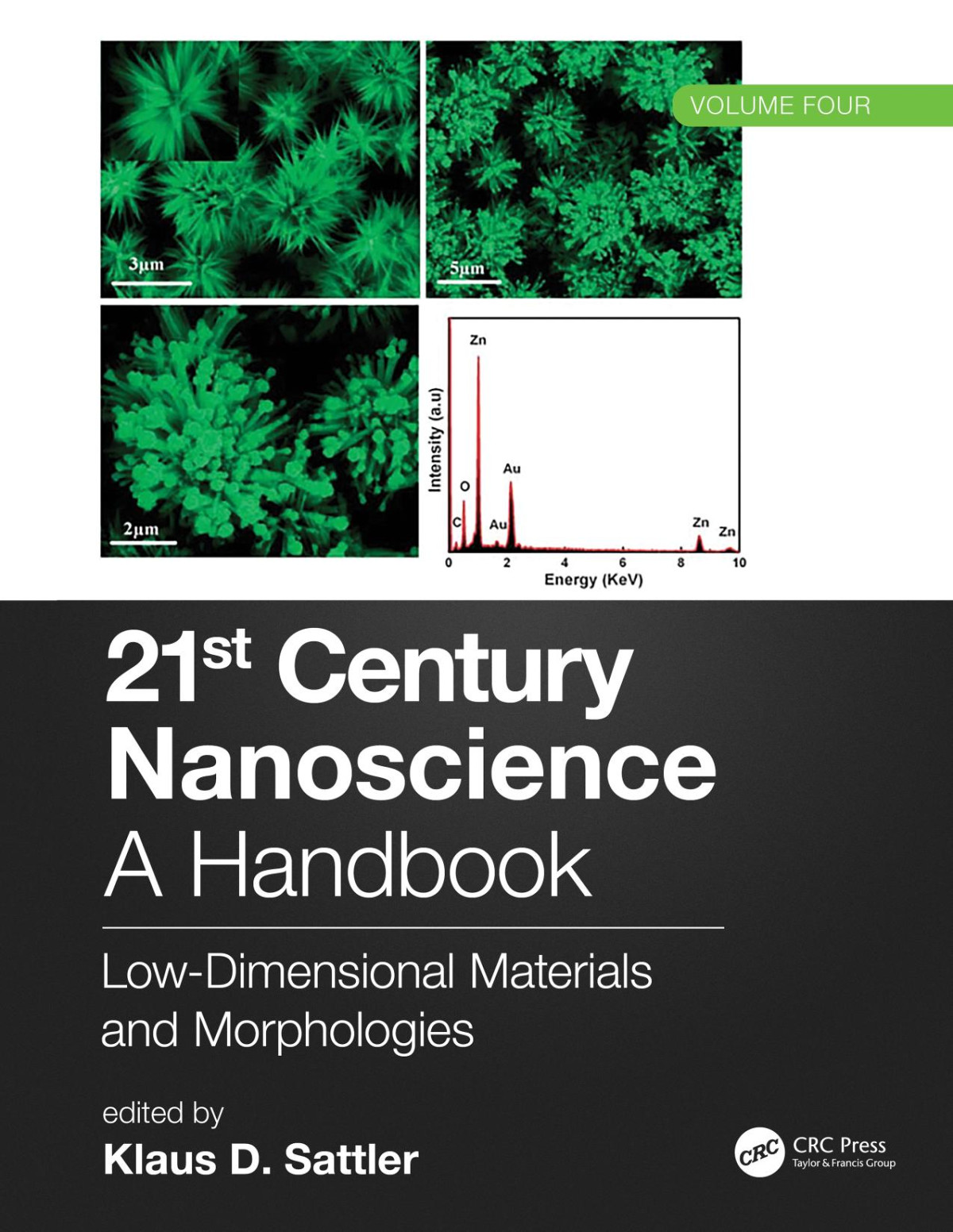

Most ebook files are in PDF format, so you can easily read them using various software such as Foxit Reader or directly on the Google Chrome browser.
Some ebook files are released by publishers in other formats such as .awz, .mobi, .epub, .fb2, etc. You may need to install specific software to read these formats on mobile/PC, such as Calibre.
Please read the tutorial at this link: https://ebookbell.com/faq
We offer FREE conversion to the popular formats you request; however, this may take some time. Therefore, right after payment, please email us, and we will try to provide the service as quickly as possible.
For some exceptional file formats or broken links (if any), please refrain from opening any disputes. Instead, email us first, and we will try to assist within a maximum of 6 hours.
EbookBell Team

4.1
10 reviews21st Century Nanoscience - A Handbook: Low-Dimensional Materials and Morphologies (Volume 4) will be the most comprehensive, up-to-date large reference work for the field of nanoscience. Handbook of Nanophysics by the same editor published in the fall of 2010 and was embraced as the first comprehensive reference to consider both fundamental and applied aspects of nanophysics. This follow-up project has been conceived as a necessary expansion and full update that considers the significant advances made in the field since 2010. It goes well beyond the physics as warranted by recent developments in the field. This fourth volume in a ten-volume set covers low-dimensional materials and morphologies.
Key Features:
This handbook distinguishes itself from other works by its breadth of coverage, readability and timely topics. The intended readership is very broad, from students and instructors to engineers, physicists, chemists, biologists, biomedical researchers, industry professionals, governmental scientists, and others whose work is impacted by nanotechnology. It will be an indispensable resource in academic, government, and industry libraries worldwide. The fields impacted by nanophysics extend from materials science and engineering to biotechnology, biomedical engineering, medicine, electrical engineering, pharmaceutical science, computer technology, aerospace engineering, mechanical engineering, food science, and beyond.